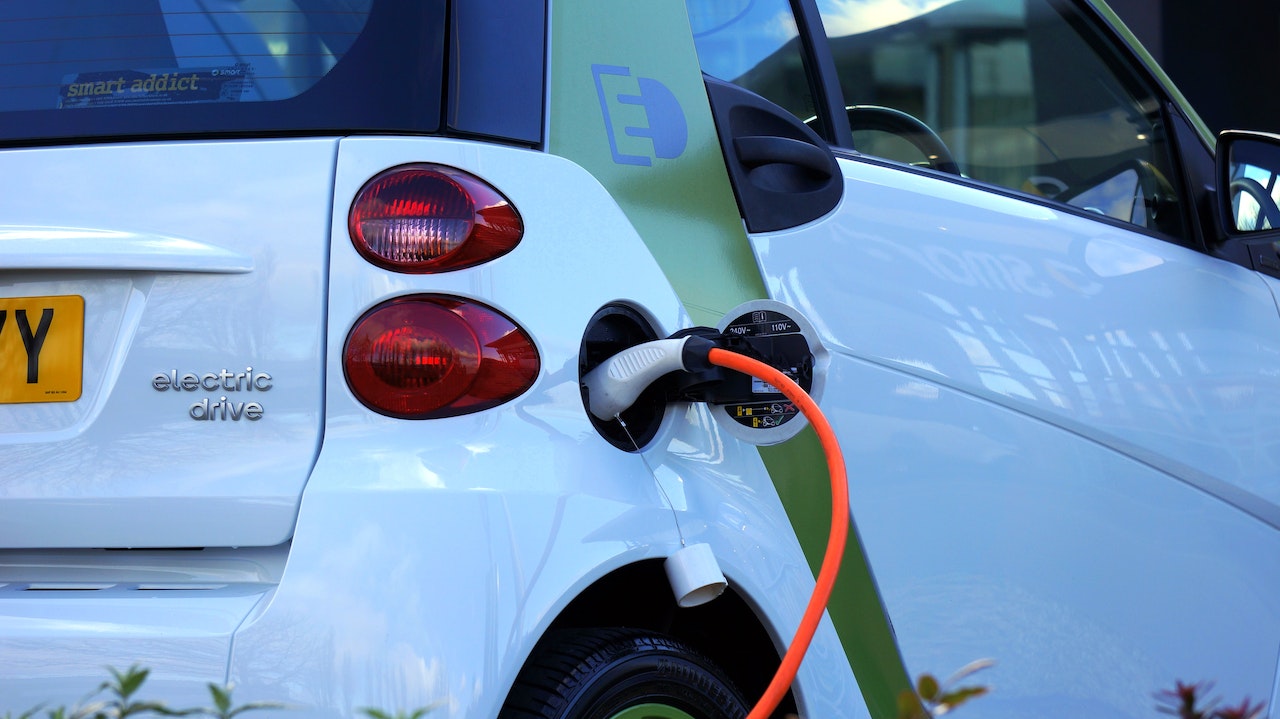Unlike internal combustion engine vehicles, electric vehicles (EVs) are powered by an electric motor which receives energy from batteries stored within the chassis of the vehicle. When they need charged, EVs are plugged into a dedicated EV charge point.
Plugging an electric car into a charging station allows it to draw power from the electrical grid. This stores the electricity in rechargeable batteries which then powers an electric motor.

Do electric cars have gears?
EVs are almost always automatic, meaning a typical electric car is a single-speed vehicle with two pedals - one for accelerating, the other for braking. There is no requirement for shifting gears or revving the engine, which gives electric vehicles faster acceleration. This means EVs often feel lighter and more responsive to drive.
What is the range of an electric car?
The range of EVs has greatly improved over the last few years, with the average vehicle now having a range of over 200 miles. However, this will differ between makes and models.
A typical EV has a large enough range for most drivers, especially with the availability of charging infrastructure across Scotland. For those who regularly drive long distances, it may be something to bear in mind when considering switching to an EV.
Is it cheaper to run an electric car?
Over the course of its life an electric car is likely to be cheaper to run and maintain. Electricity is less expensive than fossil fuels and electric vehicles have fewer moving parts, making them less likely to need as much ongoing maintenance as a vehicle with an internal combustion engine.
The upfront costs of a new electric car are still likely to be higher. Electric cars are also currently more expensive to insure. This makes weighing up the respective costs between electric and traditional cars a little more complex.
Electric cars are compliant with Low Emission Zones, meaning they are not liable for congestion charges, and although currently exempt from Vehicle Excise Duty (i.e. road tax), they will be liable to pay it from April 2025.
